ISLAMABAD: Several countries have expressed interest in joining the International Stabilization Force (ISF), a multinational security force outlined in US President Donald Trump's 20-point peace plan for Gaza. While the force will likely need a mandate from the UN Security Council, efforts to constitute it have been stepped up, led by the United States and its European allies, France and Britain.
Pascal Confavreux, a spokesman for the French Foreign Ministry, told reporters in Paris that a UN mandate was necessary for such a force to have a solid basis in international law and to facilitate the process of obtaining possible contributions from nations.
So far, Egypt, Indonesia, and Azerbaijan have shown the most interest in joining the force, while Turkiye’s participation remains uncertain.
Indonesia
Indonesia has made the clearest commitment so far to joining the ISF. President Prabowo Subianto told the United Nations General Assembly that his country was ready to deploy up to 20,000 troops if the Security Council approved a resolution authorizing the operation, Reuters reported.
Prabowo described Indonesia as one of the world’s leading contributors to UN peacekeeping missions, saying Jakarta stood ready to “serve where peace needs guardians.”
The pledge marks the first formal troop offer for the ISF, positioning Indonesia as a key player in shaping the force’s structure and mandate.
Egypt
Though not publicly announcing formal offers yet, Egypt is widely seen by diplomats as the likely lead partner in the force, owing to its shared border with Gaza and historic security concerns tied to the Sinai Peninsula.
The country’s involvement would aim to anchor Arab legitimacy for the mission, provide a regional partner acceptable to key stakeholders, and help maintain security at Gaza’s frontier while the international stabilization force takes shape.
Turkiye
Turkiye publicly declared its willingness to participate in the force, stating that it may provide military or civilian personnel and has begun arranging support for rehabilitation.
However, Israeli Prime Minister Benjamin Netanyahu has rejected Turkish military involvement.
“There is no disagreement,” the Prime Minister’s Office told The Times of Israel. “There will be no Turkish involvement.”
Ankara's position is uncertain, but US officials, including Vice President JD Vance, have stated Turkiye might play a "constructive role" in stabilizing Gaza during a briefing at the Civilian-Military Coordination Centre in southern Israel, Reuters reported. However, Israel's strong resistance appears to make a Turkish force deployment doubtful.
Azerbaijan, UAE, and Qatar
According to Reuters, the US has been in contact with several countries, including Azerbaijan, the UAE, and Qatar, regarding potential contributions to the force.
So far, none of these countries has announced any public troop pledges, although officials say talks are ongoing.
Azerbaijan’s inclusion would lend regional and Muslim-majority representation to the force, while aligning with its existing security ties with Israel.
Pakistan and Malaysia
Pakistan has shown diplomatic support for the Gaza peace proposal, with Prime Minister Shehbaz Sharif attending the ceasefire signing ceremony in Sharm el-Sheikh, Egypt.
During a phone call with Malaysian Prime Minister Anwar Ibrahim, Sharif reviewed the peace proposal and stressed the significance of unhindered humanitarian relief to Gaza. Pakistan's leadership will decide on troops' contribution to the ISF.
Malaysia has condemned Israel's actions in Gaza and shown a desire to help peace efforts. Malaysia's involvement in the ISF is expected to be limited to humanitarian assistance rather than actual military engagement.
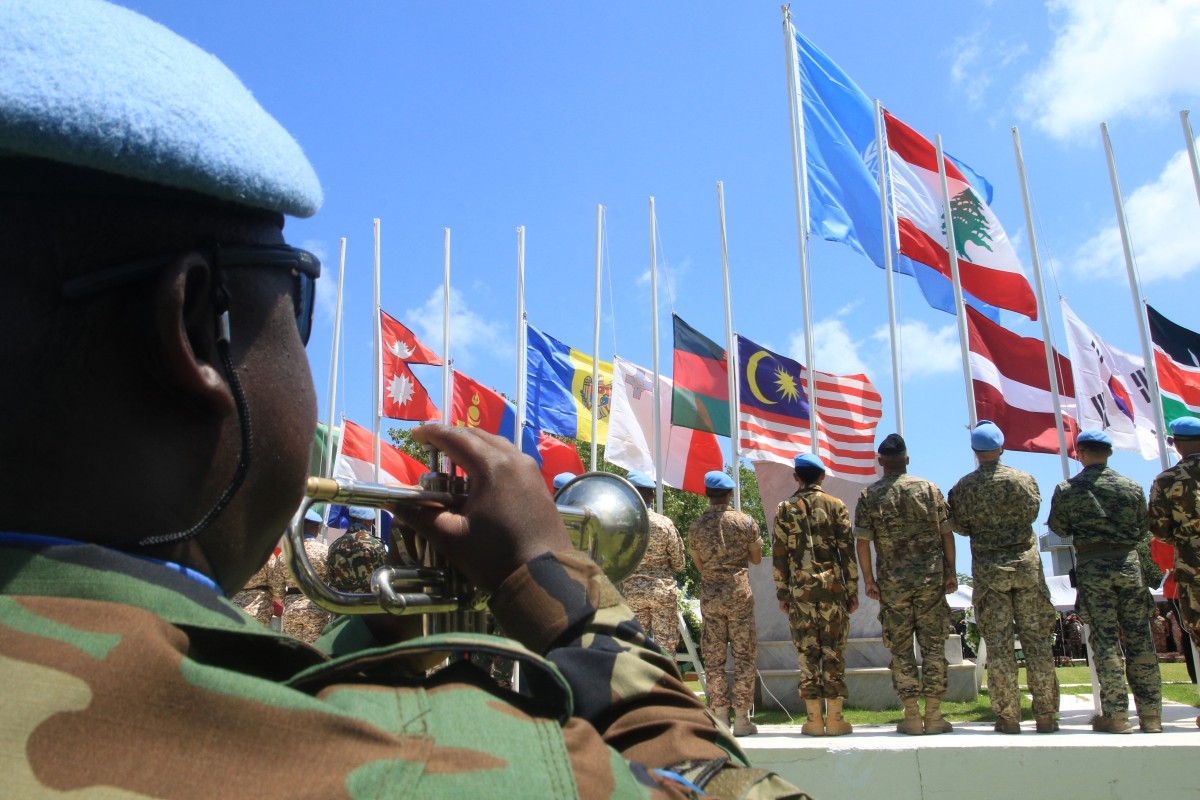
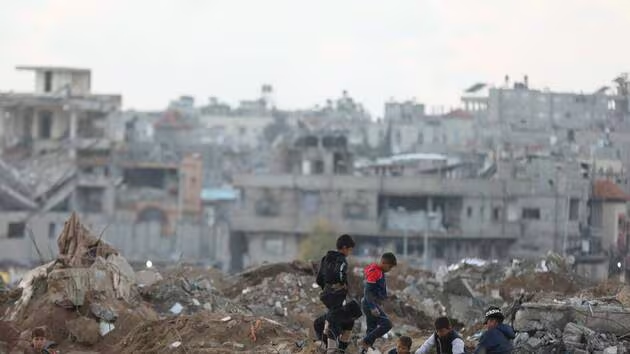
.jpg)
.jpg)
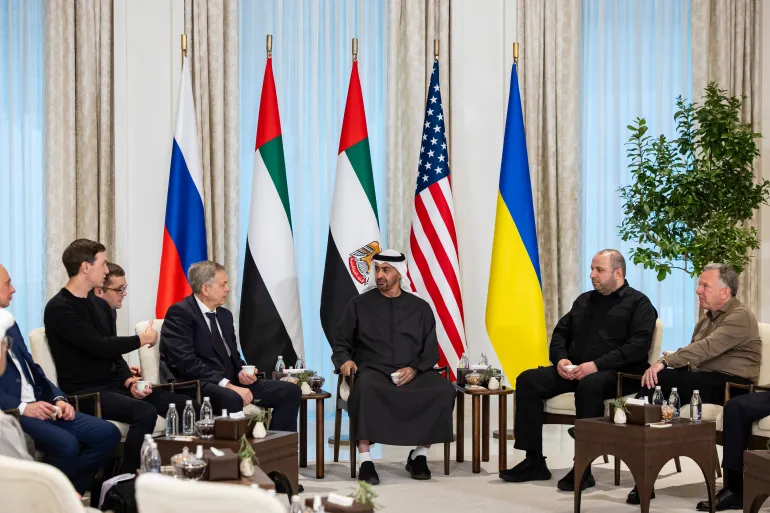
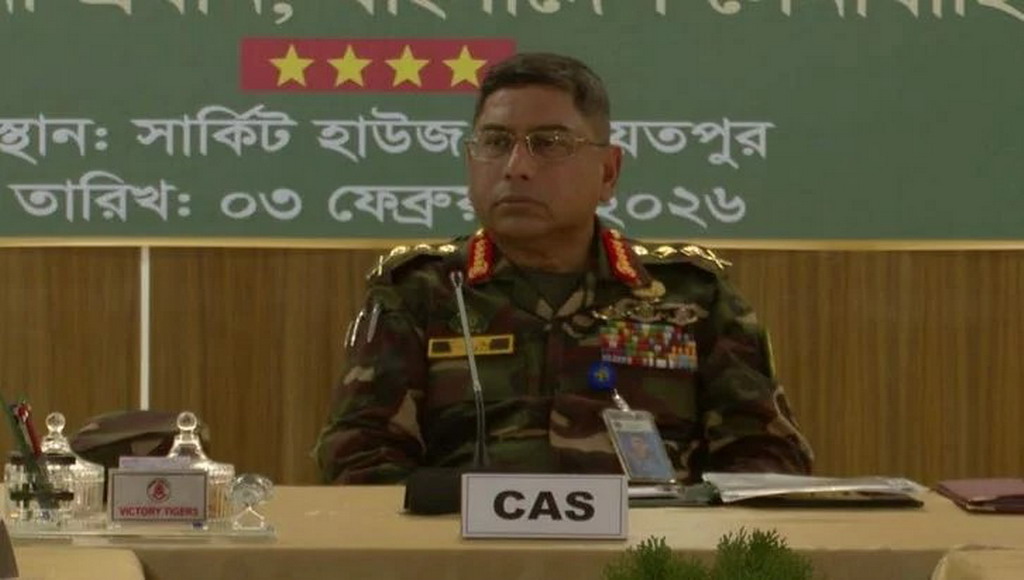

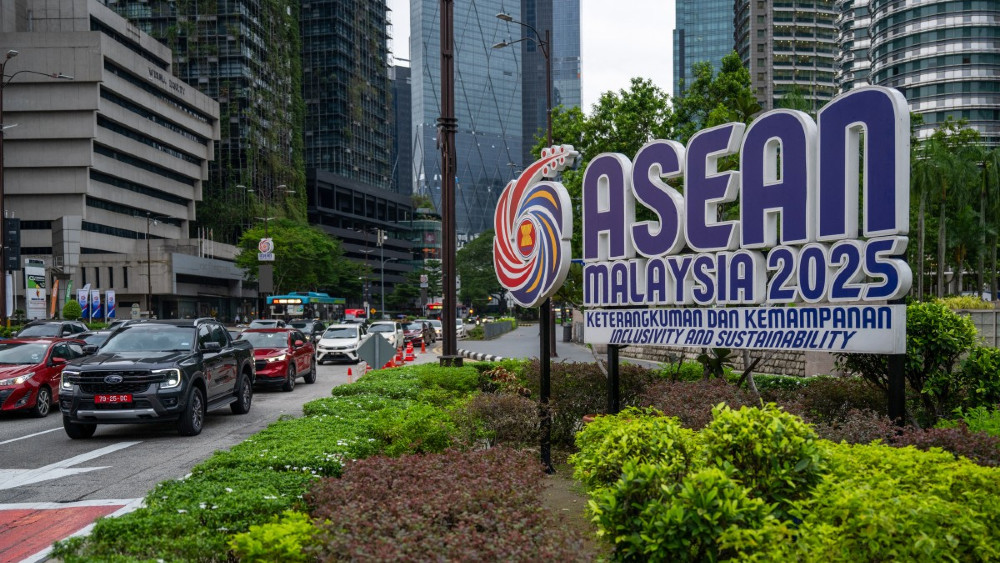
.jpg)